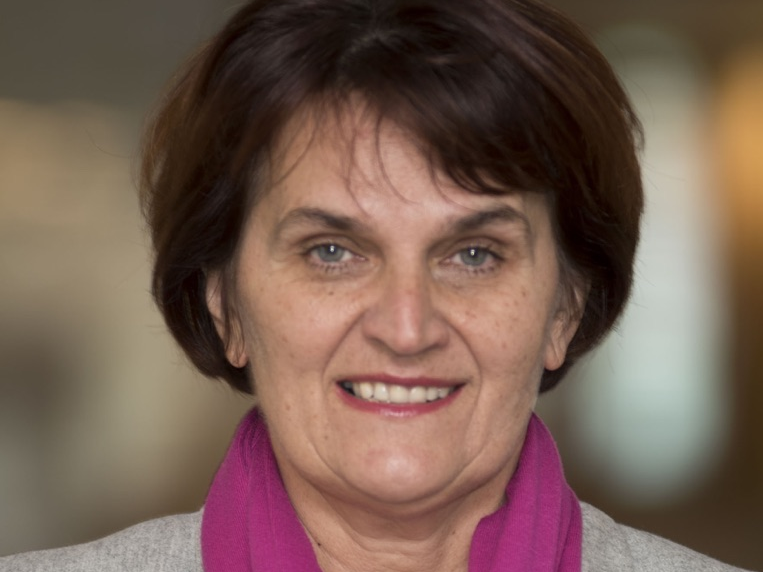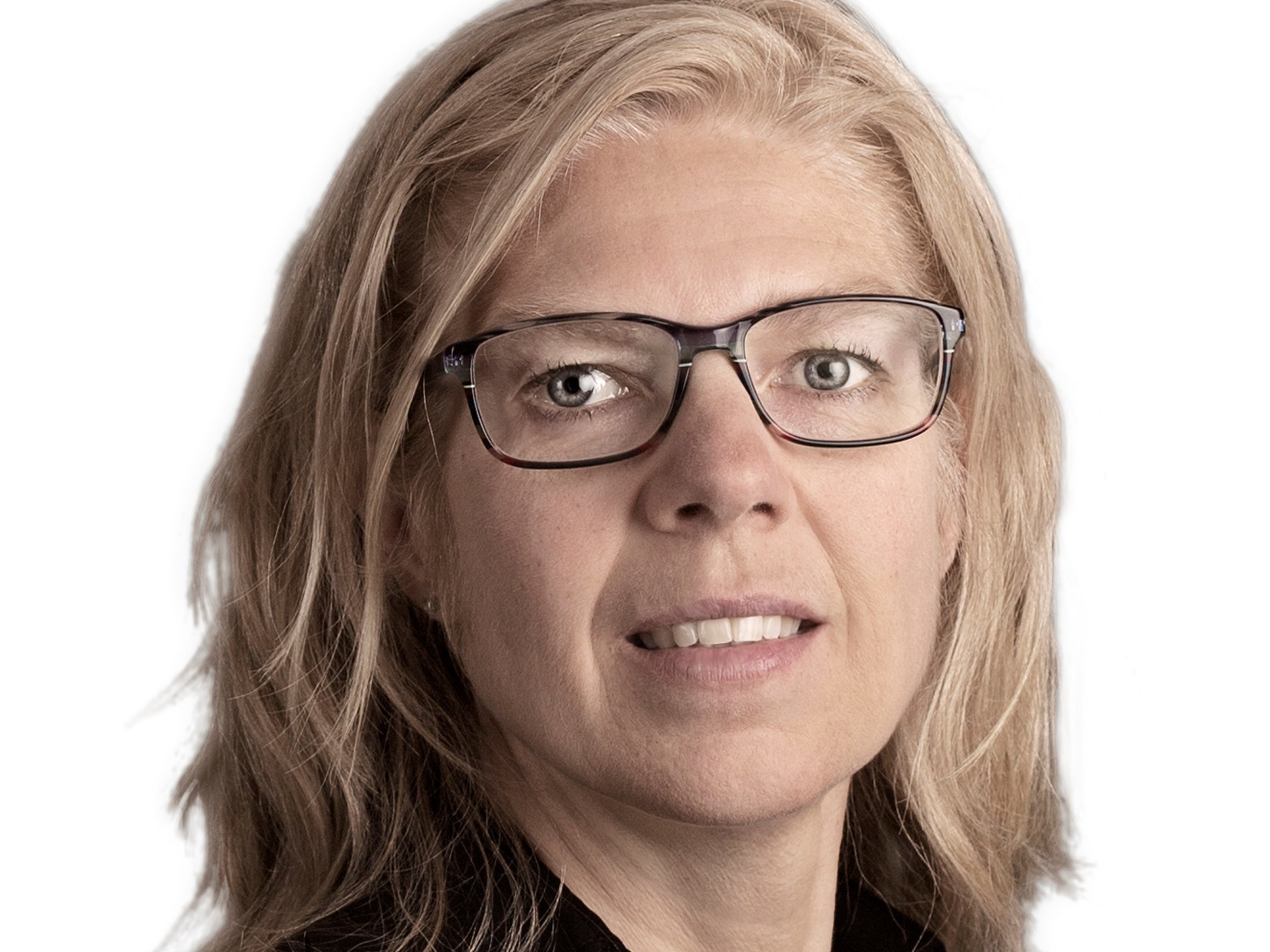DEWIS board members talk about gender equality and diversity at TU Delft - Zofia Lukszo and Jantien Stoter
In this interview, we speak with Zofia Lukszo, Professor in Smart Energy Systems at the Faculty of TPM, and Jantien Stoter, Professor of 3D Geoinformation at the Faculty of Architecture and the Built Environment, about gender equality and diversity at TU Delft. They share their points of view, their ideas and what they hope to achieve as a DEWIS board member.
Why did you decide to join the DEWIS board?
Jantien: ‘I wanted to contribute to the women’s network at TU Delft partly on the basis of my own experiences and as a professor. I want to find out what women academics at TU Delft need, because not everyone needs the same things, and how women from different backgrounds can come into contact with each other: what they have in common and how we can help each other.’
Zofia: ‘About a year ago, a few of the DEWIS board members paid a visit to our then dean, and I was invited to attend. We discussed topics related to gender diversity and gender equality, the situation in our faculty and at the university. After the meeting, I was asked to join the DEWIS board. It didn’t take me long to decide, because the discussion about women in science is close to my heart and I was keen to share my views and ideas.’
What do you hope to achieve as a board member?
Zofia: ‘Dutch culture is the reason women are still a minority in science and why they encounter obstacles when seeking promotion to more senior positions. A women’s network is a cultural necessity. Cultural change happens gradually; it requires patience and perseverance. If we continue to do our part, one small step at a time, things will change.’
Zofia: ‘But it starts with being aware of the obstacles women encounter. I think that, unconsciously, we all have prejudices about women in science and/or women in positions of leadership. Once we start being more vigilant and more aware of such mechanisms, we will gain a lot.’
Zofia: ‘So much female talent is being lost. My advice is: use all the available talent there is. And for women: use your talent to the full! Diversity of talents and backgrounds is enriching: the results are better and it benefits the working atmosphere.’
Jantien: ‘More diversity in science will bring new perspectives and different insights. It is important to recognise that and provide scope for it. ‘
Jantien: ‘It would be wonderful if DEWIS was eventually no longer needed. I hope that diversity, including gender diversity, becomes the norm at the university. That will benefit the entire university, not just women.’
As a woman, how do you perceive unequal treatment or unfair judgements?
Jantien: ‘For me, ‘gender equality’ and ‘diversity’ is not about individual cases where women have been treated unfairly. Rather, it’s about a culture that makes it more difficult for women – and others who are not part of the majority – to forge a career in science. We all need to work together on this.
I also think that the current stereotypes are difficult to overcome and that this aspect of the problem is one of the biggest bottlenecks. I see children (the population that will produce professors in 30 years’ time!) still being brought up with stereotypical images. So it sometimes feels as though we’re banging our heads against a brick wall.’
Zofia: ‘That bothers me too: we’re at the end of the chain here at the university. I think we should also look at the beginning of the chain: how can we ensure that the younger generation changes their ideas? Boys still expect to work substantially more hours than girls and we see the same pattern reversed when looking at bringing up children. That young people accept these major differences in gender roles is unwelcome in my view. Here too, principles of good quality management apply: solve problems as early as possible to save time later.’
What would you advise the Executive Board?
Zofia: ‘I’d like the Executive Board to consider introducing philosophy as a compulsory course. Philosophy can help to bring about much-needed cultural change. Philosophy forces you to analyse without your own judgements and opinions. This training can ensure that people are freed from stereotypical ideas much sooner.’
Jantien: ‘It is important to listen to the voices of minorities. But that’s challenging because we listen on the basis of our own context, from our own point of view. And we need an open culture so that people can discuss things.’
What would you advise a young female scientist?
Zofia: ‘There may well be glass ceilings, but I advise women to think in terms of possibilities. My motto: there is no glass ceiling! That makes women much more powerful.’
Jantien: ‘I completely agree! Focus on possibilities. I can see an important task for DEWIS to provide support for this.’
Do female students see you as a role model?
Jantien: ‘The presence of female professors in general helps to overcome persistent stereotypes and make a scientific career a more obvious choice for women. Apart from that, I also see men who are role models: men in crucial positions who are highlighting women’s work, for example. My departmental director, Machiel van Dorst, is a good example.’
Zofia: ‘It’s good if many women can be role models and demonstrate that it’s perfectly possible to be a woman with a career who is also a mother. That applies to all job levels, by the way. My secretary, Diones Supriana, is a fantastic example too. Not only does she do her job brilliantly, she also manages to exude huge charm and energy while combining a full-time job with caring for her family.’

